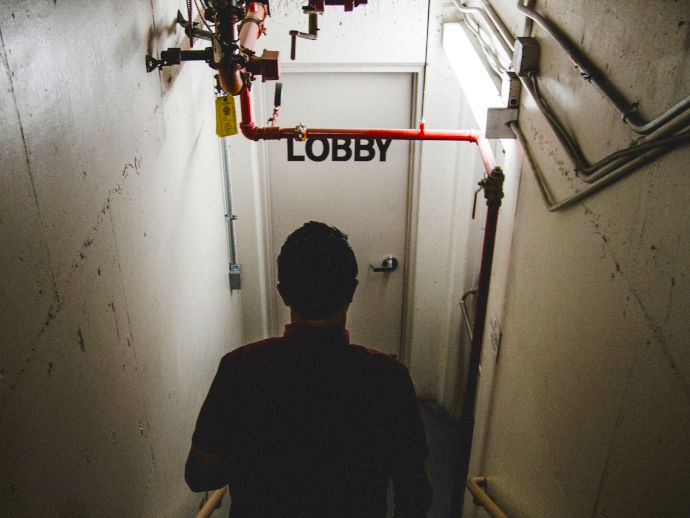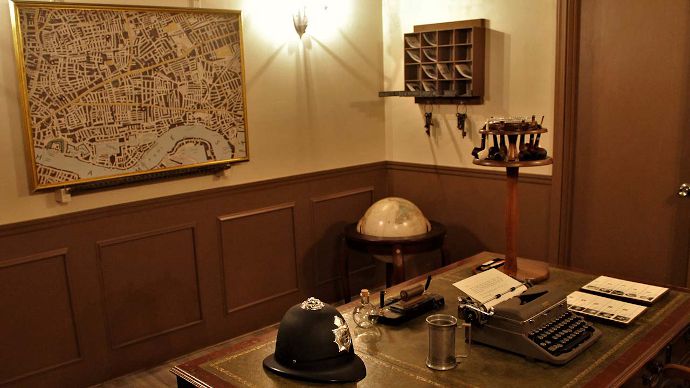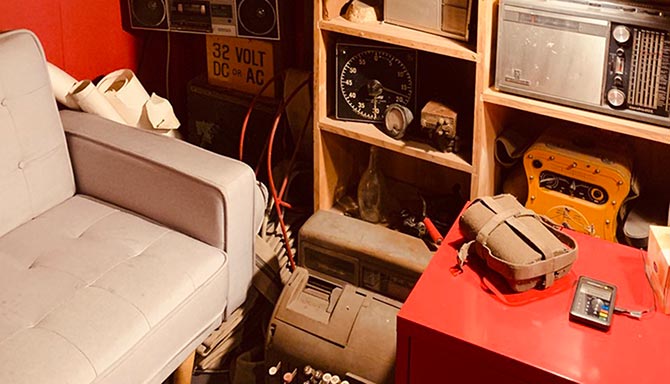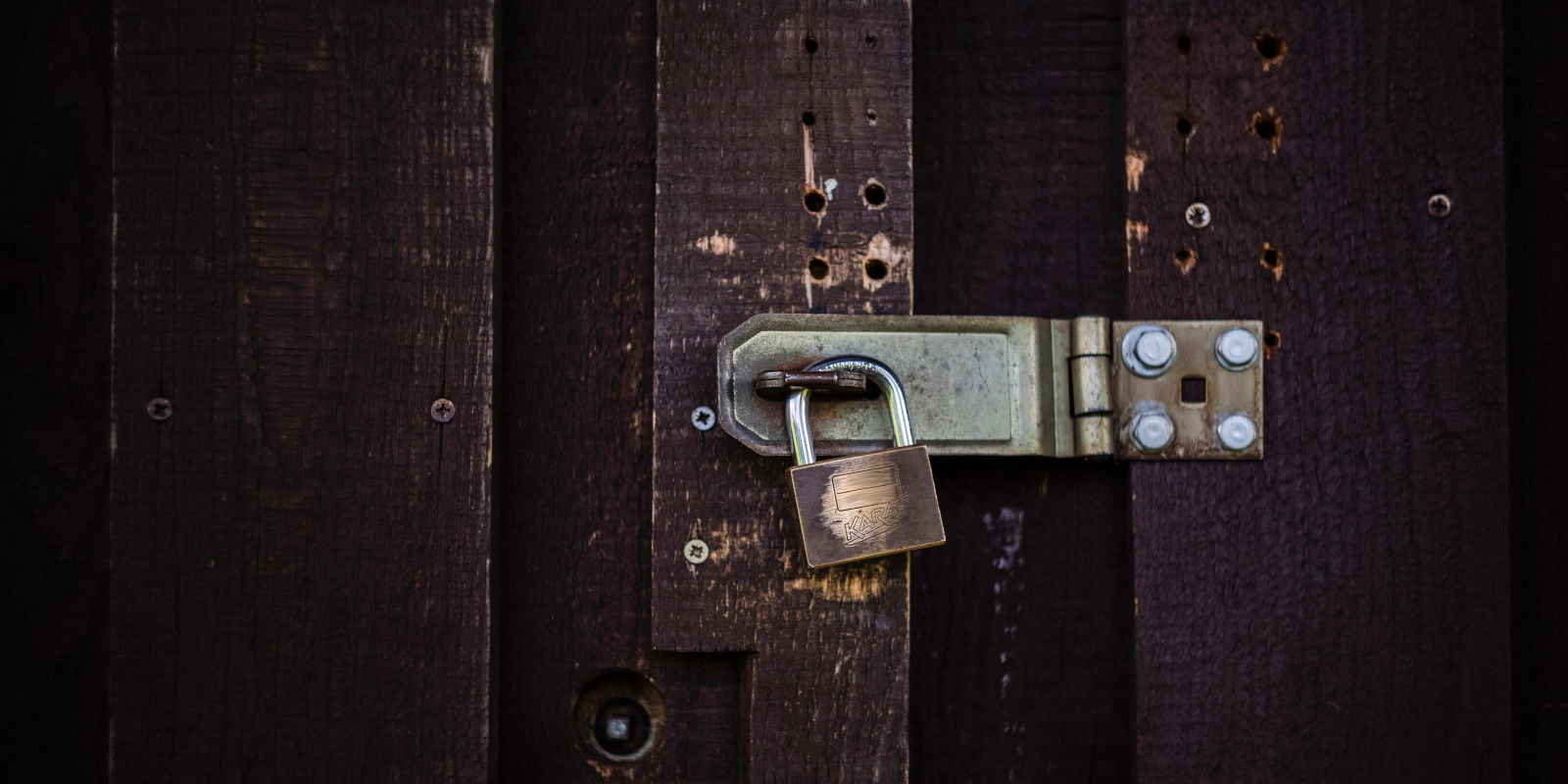Over the last few years, so-called "escape rooms" have exploded in popularity across the world as a fun activity for groups.
But nerds and geeks tend to have the most fun with them, and for good reason: escape rooms present a kind of tangible test of one's mental acuity that you won't find elsewhere.
If you've been invited to an escape room outing by friends of family, or if you've just heard about them for the first time and aren't really sure what they're about, keep reading to learn more about what to expect and whether you'll have fun in one.
What Is an Escape Room?

The simplest explanation of an escape room is a reasoning-based puzzle experience that involves creative thinking, logical deductions, and teamwork.
If you've ever played point-and-click adventure games like Myst or Flash-based "escape the room" games, you already have a good idea of what to expect.
You book an escape room as a group, usually between 2 to 6 players per room, and you pay a flat rate per player.
You're all led into a confine room, and you're "locked in" there with a bunch of clues and puzzles and red herrings. The goal is to figure out how to get out of the room within a certain time limit.
If you're still unsure about what an "escape room" actually is, I recommend popping over to YouTube and looking for clips of the Korean variety show The Great Escape, which takes the concept of an escape room and amps it up to an extreme degree.
The show is a pretty good representation of how an escape room plays out, although most escape rooms won't have nearly the same level of production quality.
What to Expect in an Escape Room

Most escape rooms must be booked ahead of time and you must book as a group between 2 to 6 players. Some establishments may accommodate larger groups, but I've yet to see one that allows solo players.
How Many Puzzles in an Escape Room?
You'll need to solve a series of 10 to 30 puzzles. The difficulty of each puzzle varies from scenario to scenario, and the more difficult rooms usually have more puzzles to solve.
As you solve puzzles, you'll uncover more clues and more puzzles to work through, so each escape room has a sense of progress through multiple "phases."
Do Escape Rooms Have a Time Limit?
Easier escape rooms may have a time limit of around 30 minutes, while more difficult escape rooms may take upwards of 70 to 90 minutes. If you reach the time limit, you fail.
If you feel like you're stuck and you don't want to burn your remaining time, you can usually ask the game master for hints. Some places may limit the number of hints you can ask for, while others may not care.
Do Not Try to Brute Force Victory
The important thing to know is that escape rooms are mental games that emphasize exploration, investigation, discovery, observation, and creative thinking. Do not go into an escape room thinking you need to be tall, strong, or athletic in any way.
You'll need to be observant, which means looking at every single thing in the room. And you'll need to be creative, thinking about how everything fits together.
Remember that every escape room was created by a designer, so ask yourself why the designer decided to do this or that or put things here or there.
How to Have Fun in an Escape Room

There are five keys to an excellent escape room experience:
1. Go With the Right Kinds of Friends
Nothing kills the enjoyment of an escape room faster than going with someone who isn't into the idea, or worse, someone who thinks it's stupid and complains the whole time.
For the most fun, try to go with a group where everyone is a bit brainy and/or creative, and enthusiastic about the concept.
2. Don't Be Afraid to Contribute
In any escape room group, some people will naturally emerge as leaders and puzzle masters who dictate the tempo. But just because you aren't the most clever person doesn't mean you shouldn't participate.
Always share your findings and thoughts—often it only takes a stray comment to trigger a connection in another player's mind.
3. Don't Worry About the Time Limit
Thinking about the time is only going to hinder your concentration. Aim to get through as much of it as you can at your group's own pace, even if it means running out of time.
Escape rooms are still fun even if you fail to escape within the time limit. If you're really curious, you can ask the game master to explain what the rest of the room would've been like.
4. Don't Worry About Failure
Failing to escape an escape room means absolutely nothing. It certainly doesn't mean you're stupid or uncreative.
Maybe your group just didn't gel well, or maybe the designer of that particular escape room didn't do a good job planting clues and making the puzzles solvable.
Regardless, there's nothing wrong with failure, so don't let the thought sour your experience.
5. Don't Be Afraid to Ask for Hints
The game masters of an escape room are there for your enjoyment. They want you to have fun! And they understand that being stuck at a particular phase in an escape room is super frustrating.
If you're at wit's end and need help, ask for it! It isn't cheating, and you'll have more fun. As a corollary, don't be afraid to tell the game masters what your group wants from the playthrough.
For example, some game masters will nudge you in the right direction without any prompting; if you don't want any hints except when you explicitly ask for them, let them know ahead of time.
And with that, you should now have a good idea of what an escape room is, what to expect in your first one, and how to maximize your fun in one. Go out there and have fun!

